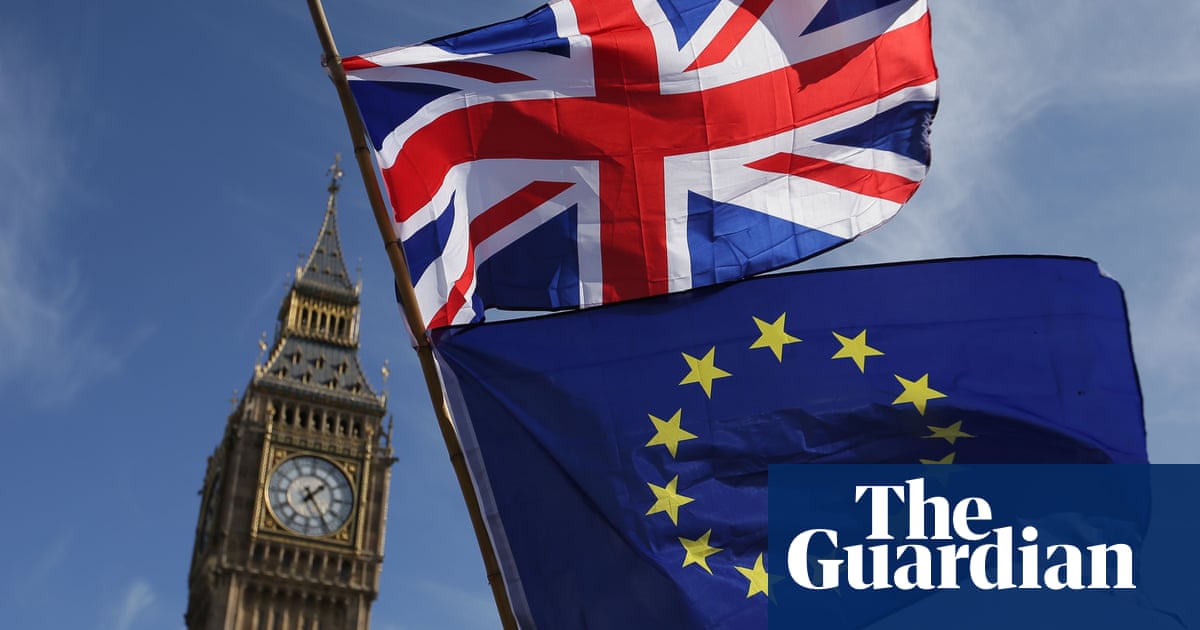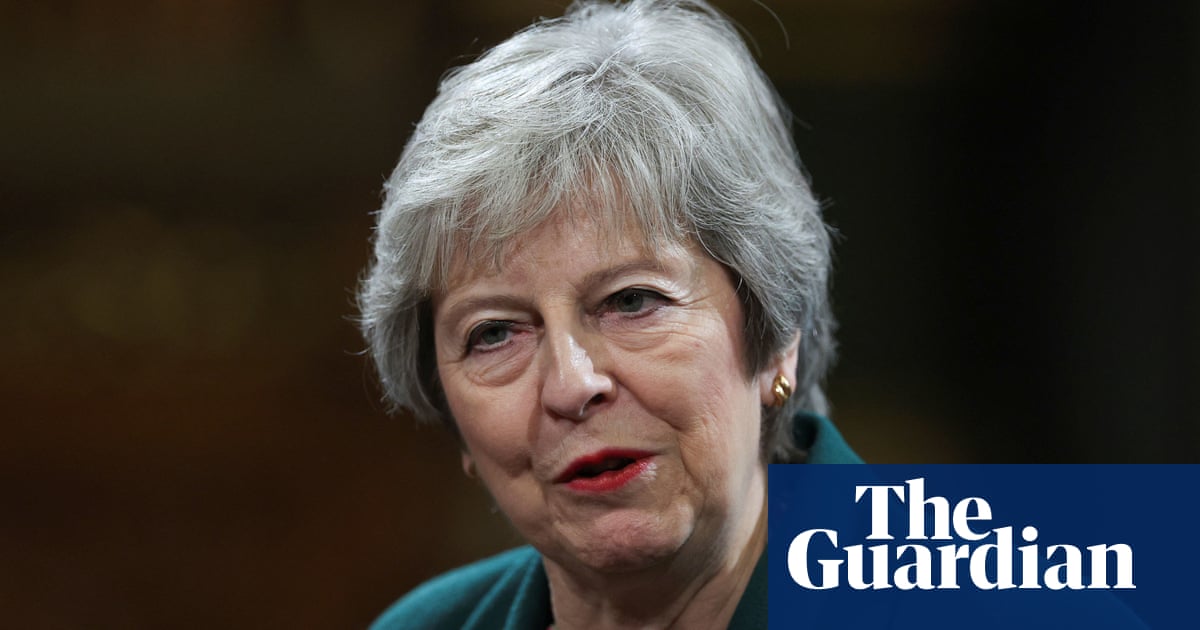
Guy Hands, a leading City figure, has called Brexit a “complete disaster” and a “bunch of total lies” that has harmed large parts of the economy.
Speaking on the third anniversary of the UK’s departure from the EU, Hands, the founder, chair and chief investment officer of the private equity firm Terra Firma, said: “It’s been a complete disaster. The reality is it’s been a lose-lose situation for us and Europe. Europe has lost more [in financial services] but we’ve lost as well. And the reality of Brexit was, it was just was a bunch of complete and total lies.
“The only way that the Brexit put forward by Boris Johnson was going to work was if there was a complete deregulation of the UK and we moved to a sort of Liz Truss utopia of a Singapore state and that was just never going to happen,” Hands, a former donor to the Conservative party, told BBC Radio 4’s Today programme.
“The British population was never going to accept a state in which the NHS would be demolished, where free education would be severely limited, where regulation with regard to employment would be thrown apart. It was just complete and total absolute lies.”
He added: “The biggest issue about it, and you can take the Brexit bus as a good example, is the lies that Boris Johnson and the Conservative party told about the NHS. In fact what they did was throw the country and the NHS under the bus.”
According to the polling expert John Curtice, on average polls now suggest that 57% people in the UK would vote to rejoin the EU.
Eddie Truell, a City veteran and strong Brexit supporter who set up the private equity firm Duke Street Capital and is co-founder of the Pension Insurance Corporation, expressed disappointment at the speed of deregulation in the UK’s financial services sector.
“I hoped we would see faster deregulation than has been the case,” he said, also speaking on Today. “We saw an enormous positive explosion in the City after big bang in the 1980s: I was hoping we would see the same thing.”
He said Britain had the largest trade surplus in financial services in the world, of $87bn, up 10% from 2020. “The UK’s trade surplus in financial services is gargantuanly important for the UK. All the rest of the economy benefits as a result of financial services,” he said.
“Leaving the EU did mean that financial services found it much easier to trade with other countries outside of the EU. It was lose-lose in my opinion,” Truell said. “The EU probably lost rather more from failing to reach proper agreements on financial services, but the UK clearly didn’t benefit either. But overall the City managed to pivot its exports to other parts of the world, particularly the US, Singapore, Switzerland, etc.”












